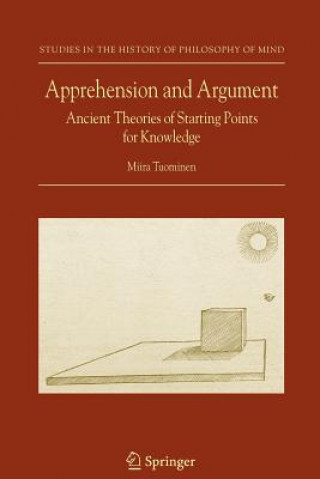
Kód: 01975453
Apprehension and Argument
Autor Miira Tuominen
If we know something, do we always know it through something else? Does this mean that the chain of knowledge should continue infinitely? Or, rather, should we abandon this approach and ask how we acquire knowledge? Irrespective o ... celý popis
- Jazyk:
 Angličtina
Angličtina - Vazba: Brožovaná
- Počet stran: 328
Nakladatelství: Springer, 2010
- Více informací o knize

4671 Kč

Skladem u dodavatele v malém množství
Odesíláme za 13-16 dnů
Potřebujete více kusů?Máte-li zájem o více kusů, prověřte, prosím, nejprve dostupnost titulu na naši zákaznické podpoře.
Přidat mezi přání
Mohlo by se vám také líbit
-

Todesmarsch
280 Kč -

Angličtina audioslovník
185 Kč -
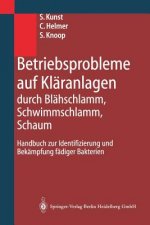
Betriebsprobleme auf Kläranlagen durch Blähschlamm, Schwimmschlamm, Schaum, 1
4398 Kč -
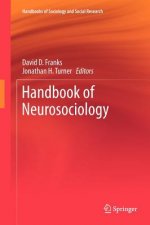
Handbook of Neurosociology
3037 Kč -
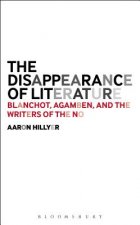
Disappearance of Literature
4396 Kč -

Green Imperialism
2901 Kč -

la Orilla Azul del Silencio
553 Kč
Dárkový poukaz: Radost zaručena
- Darujte poukaz v libovolné hodnotě a my se postaráme o zbytek.
- Poukaz se vztahuje na celou naši nabídku.
- Elektronický poukaz vytisknete z e-mailu a můžete ihned darovat.
- Platnost poukazu je 12 měsíců od data vystavení.
Více informací o knize Apprehension and Argument
Nákupem získáte 467 bodů
 Anotace knihy
Anotace knihy
If we know something, do we always know it through something else? Does this mean that the chain of knowledge should continue infinitely? Or, rather, should we abandon this approach and ask how we acquire knowledge? Irrespective of the fact that very basic questions concerning human knowledge have been formulated in various ways in different historical and philosophical contexts, philosophers have been surprisingly unanimous concerning the point that structures of knowledge should not be infinite. In order for there to be knowledge, there must be at least some primary elements which may be called starting points .§This book offers the first synoptic study of how the primary elements in knowledge structures were analysed in antiquity from Plato to late ancient commentaries, the main emphasis being on the Platonic-Aristotelian tradition. It argues that, in the Platonic-Aristotelian tradition, the question of starting points was treated from two distinct points of view: from the first perspective, as a question of how we acquire basic knowledge; and from the second perspective, as a question of the premises we may immediately accept in the line of argumentation. It was assumed that we acquire some general truths rather naturally and that these function as starting points for inquiry. In the Hellenistic period, an alternative approach was endorsed: the very possibility of knowledge became a central issue when sceptics began demanding that true claims should always be distinguishable from false ones.This book offers the first synoptic study of how the primary elements in knowledge structures were analysed in antiquity from Plato to late ancient commentaries. It argues that, in the Platonic-Aristotelian tradition, the question of starting points was treated from two distinct points of view: as a question of how we acquire basic knowledge; and as a question of the premises we may immediately accept in the line of argumentation.
 Parametry knihy
Parametry knihy
Zařazení knihy Knihy v angličtině Humanities Philosophy History of Western philosophy
4671 Kč
- Plný název: Apprehension and Argument
- Podnázev: Ancient Theories of Starting Points for Knowledge
- Autor: Miira Tuominen
- Jazyk:
 Angličtina
Angličtina - Vazba: Brožovaná
- Počet stran: 328
- EAN: 9789048172634
- ISBN: 9048172632
- ID: 01975453
- Nakladatelství: Springer
- Hmotnost: 549 g
- Rozměry: 240 × 160 × 19 mm
- Datum vydání: 29. November 2010
Oblíbené z jiného soudku
-

Meditations
239 Kč -

Aphorisms on Love and Hate
83 Kč -

The Myth of Sisyphus
169 Kč -

Why I Am so Clever
83 Kč -

Meditations
354 Kč -

Discourses and Selected Writings
288 Kč -

Twilight of the Idols with The Antichrist and Ecce Homo
136 Kč -

Phenomenology of Spirit
937 Kč -

Things Hidden Since the Foundation of the World
794 Kč -

Gay Science
316 Kč -
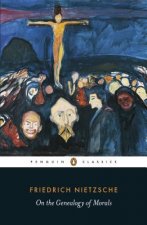
On the Genealogy of Morals
269 Kč -
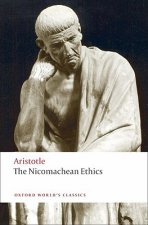
Nicomachean Ethics
208 Kč -
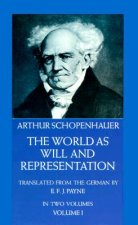
World as Will and Representation, Vol. 1
555 Kč -
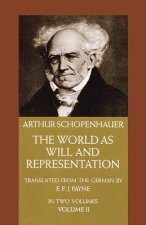
World as Will and Representation, Vol. 2
547 Kč -

On the Shortness of Life
220 Kč -

Think
308 Kč -
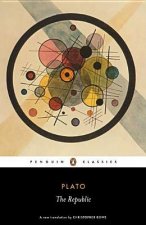
Republic
265 Kč -
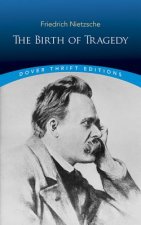
Birth of Tragedy
85 Kč -
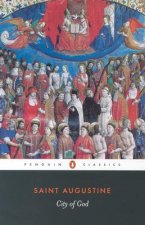
City of God
454 Kč -
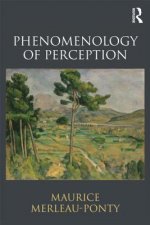
Phenomenology of Perception
1015 Kč -
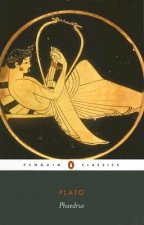
Phaedrus
248 Kč -

Ecce Homo
232 Kč -
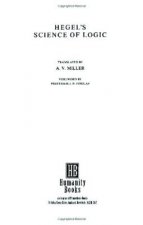
Hegel's Science of Logic
1012 Kč -

Companion to Mill
5463 Kč -

Existentialism and Humanism
287 Kč -
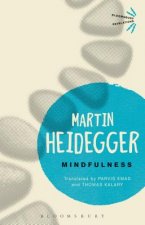
Mindfulness
916 Kč -
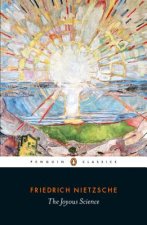
Joyous Science
283 Kč -

Hobbes's Critique of Religion and Related Writings
1181 Kč -

Parallax View
726 Kč -

Letters from a Stoic
258 Kč -

The Symposium
233 Kč -

Beyond Good and Evil
234 Kč -

Either/Or
333 Kč -

Nausea
258 Kč -

Meditations
502 Kč -

Simulacra and Simulation
537 Kč -
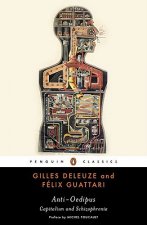
Anti-Oedipus
595 Kč -

Ride the Tiger
482 Kč -

Myth of Sisyphus
258 Kč -

Human, All Too Human & Beyond Good and Evil
131 Kč -

Spell of the Sensuous
343 Kč -

Fear and Trembling
258 Kč -
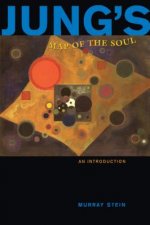
Jung's Map of the Soul
546 Kč -
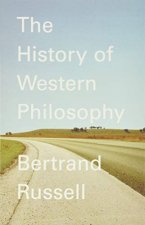
History of Western Philosophy
611 Kč -

Republic
279 Kč -

Existentialism Is a Humanism
202 Kč -

Thus Spoke Zarathustra
269 Kč -
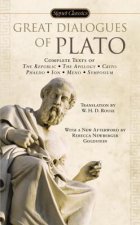
Great Dialogues Of Plato
204 Kč -
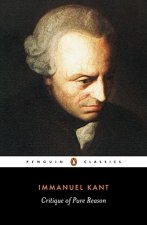
Critique of Pure Reason
444 Kč
Osobní odběr Praha, Brno a 12903 dalších
Copyright ©2008-24 nejlevnejsi-knihy.cz Všechna práva vyhrazenaSoukromíCookies


 Vrácení do měsíce
Vrácení do měsíce 571 999 099 (8-15.30h)
571 999 099 (8-15.30h)